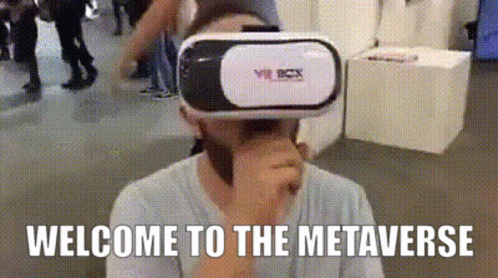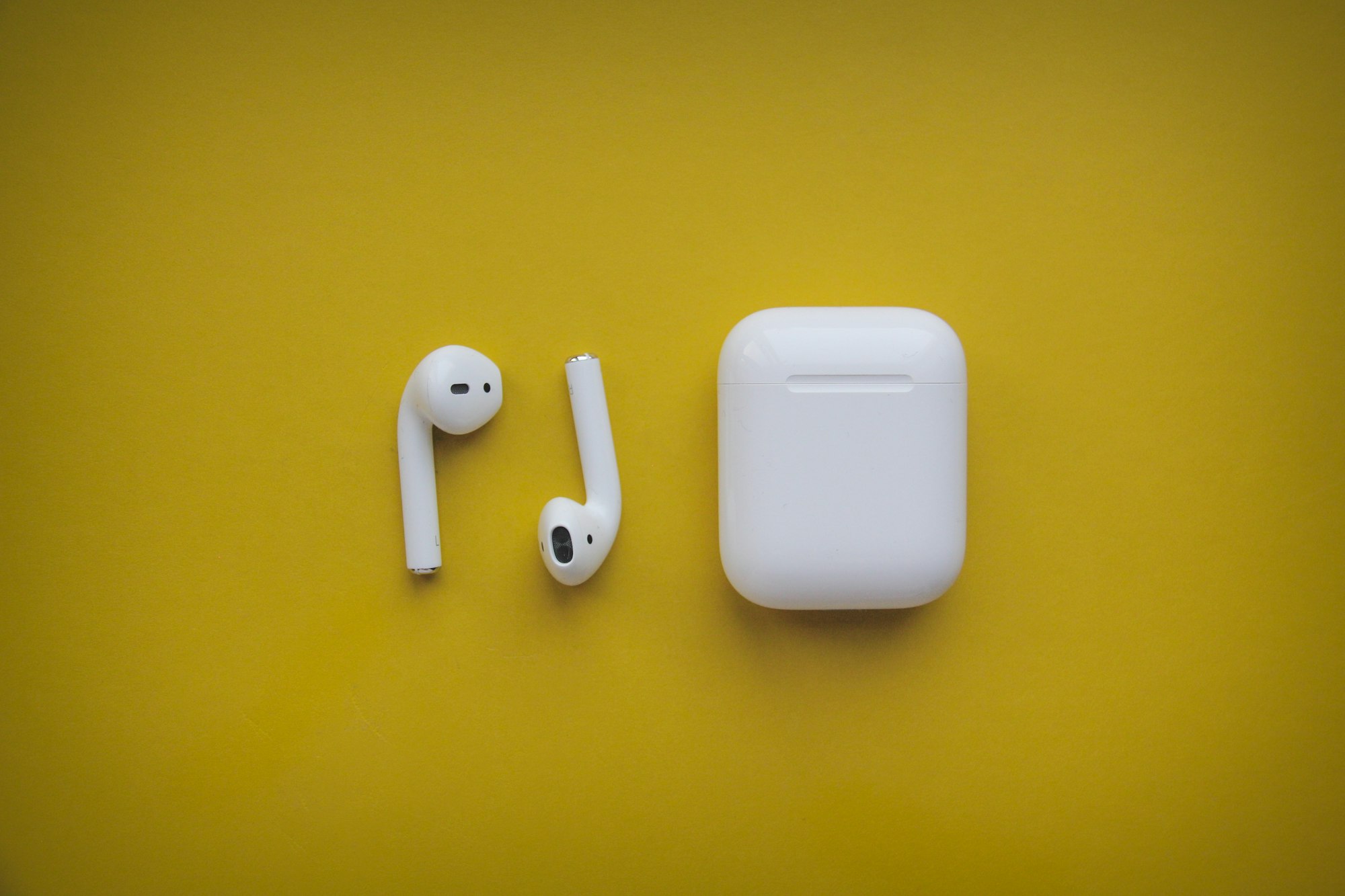[ Looking back at ] technology, hype, and predictions
You were probably (hopefully?) off the internet for a few weeks. This gives me a fantastic opportunity to look back at what I wrote these last months and kick off September with a curated list of a few articles that you might have missed.
![[ Looking back at ] technology, hype, and predictions](https://images.unsplash.com/photo-1506619216599-9d16d0903dfd?crop=entropy&cs=tinysrgb&fit=max&fm=jpg&ixid=MnwxMTc3M3wwfDF8c2VhcmNofDEyfHxjb2ZmZWV8ZW58MHx8fHwxNjYyMjk2ODU5&ixlib=rb-1.2.1&q=80&w=1200)
The first theme that I end up addressing quite a lot is how when we talk about technology, we get caught in waves of hype and usually fail at predicting how the market will adopt (or not) an invention.
Hype first, think later!
If we start with what's currently hyped to death, it's difficult to avoid discussing web3, cryptos, NFTs, and the Metaverse...




And for our subscribers (it's free, what are you waiting? 🤗), here's a deep dive on what's the use of non-fungible tokens and what right you get when you buy one:


Are you looking at the finger or the moon?
Beyond the sheer hype, a recurring discussion about technology is about how we eventually start to understand its market directionality, but rarely what it will precisely unlock in terms of customers' problems. And often, we are caught entirely off-guard by how any given technology creates a market utility. Here are a few articles trying to make sense of this in real-time:



Of course, sometimes, technology directionality is sadly easy to predict:

Four our subscribers, an interesting cultural mindset that embraces not giving a damn about technology until it starts to prove useful:

Dealing with innovation blindness
Another frequent discussion that many C-level execs still struggle with (not to mention startup founders) is that creating technology is not innovation; it's just invention. Innovation is when you change the market, either in an incremental or disruptive way. But innovation is often hard to compute, especially when it involves an exponential such as Moore's law, network effects, or that we think we need to own patents to be able to produce it. Here are a few articles to shift your mindset about all this:



For our subscribers, you can use this often requested framework that I've been using for years (but not sharing quite openly until now 🥷) about the different phases of alignment between technology hype and innovation kicking off in the market:

In the end...
Remember that forecasts are always strategically important for any business. Not because you'll be able to predict how reality will shape but because you will have worked on the underlying mechanisms at play in your market. This means that when things go sideways, you'll be caught off-guard like everyone else, except that you'll be way more prepared to turn around and catch the next wave of opportunities.
But if you just believe in predictions, well... It's on you.





